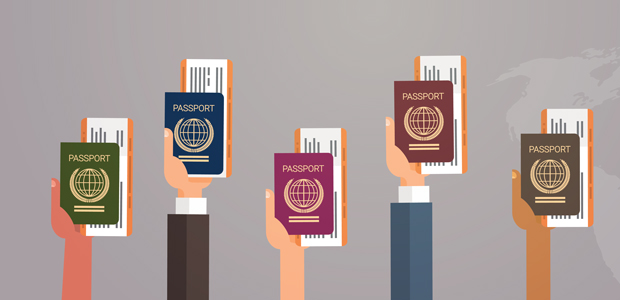
How Brexit will affect UK immigration
Brexit immigration is one of the shocking events that shocked the world, specifically the UK citizens. The changes that have been foreseen due to these changes predict a huge transition in the economy and the country at large. As the decision was made in June 2016, the majority vote made the UK exit the European Union severely. The Brexit mainly affects the immigrants predominantly leaving them with terms and conditions that they need to follow, and this article highlights some of the impacts of this legal move.
Reapplication of Visas
For any immigrant working in the UK, they face many challenges alongside the new policy made. First, many immigrants working in the UK will be forced to reapply the visas after a certain period. For example, if you are an immigrant who wants to work in the UK, you will be required to show a valid permit to enter the UK. This can be very hectic, especially for those who are seeking to have permanent employment.
The visa application, however, is acceptable without having a secured job in the UK. Though the visa's validity will be compromised as its validity will only run for one year. This means that immigrants will exit the country and reapply for the visa once more. This is time-consuming and inconveniencing, particularly to people who have secured a permanent job in that state.
For the reapplication process, the immigrants will be required to stay 12 months to get a new visa. This creates an undoubted state for the immigrants, making it harder for them to remain in the country as it will be termed as illegal and stringent measures have been placed for this.
Regulation of workers into the country.
Brexit movement will lead to a reduction of labourers in the UK. This is due to the development of the new White Paper provided by the government. It states that the government will place measures to reduce the number of workers who will come to the UK. This affects several business owners and proprietors who have their business set up in the country.
Investors in the country for the non-Europeans will also be affected by the Brexit because most of them will require an investor visa, which states that the investments should not run to a minimum of GBP 1 million. This allows the investors to remain afloat in the UK after the Brexit policy compared to the previous regulations. This will affect the business owners as inflation also plays a key role.
UK resident status
The residents' status will also be affected in the Brexit. This is due to the new regulations for the EU citizens and non-European citizens. The immigration status is set to face significant changes amid the new policy that has been signed by the UK. For people living in the UK for more than six years need to reapply for UK citizenship.
Any individual residing there for about five years must get the documents that indicate that they have permanent residency. Those who have lived in the UK for below five years have to apply for the Registration Certificate, which proves that they are EU nationals and have a right to reside in the UK.
These new policies have profound implications because all the immigrants need to begin a whole registration process even though they have settled in the UK for a long time.
Freedom of movement
The main downside brought by the Brexit is the restriction of the immigrants of the EU. If the deal or no deal impact passes, there will be a restriction of the free movement rights that allow them to travel worldwide. Due to the signing and the installation of this policy, the movement will halt, creating a considerable disadvantage to tourists, business owners, and students of the EU.
To wrap it up
The Brexit movement impedes many changes to the British economy and the immigrants as a whole. The new policies play a significant role which will affect the country. Despite the numerous advantages, the disadvantages outweigh the good in the long run. Therefore, any EU national must note these changes before preparing their relocation process to the country.

